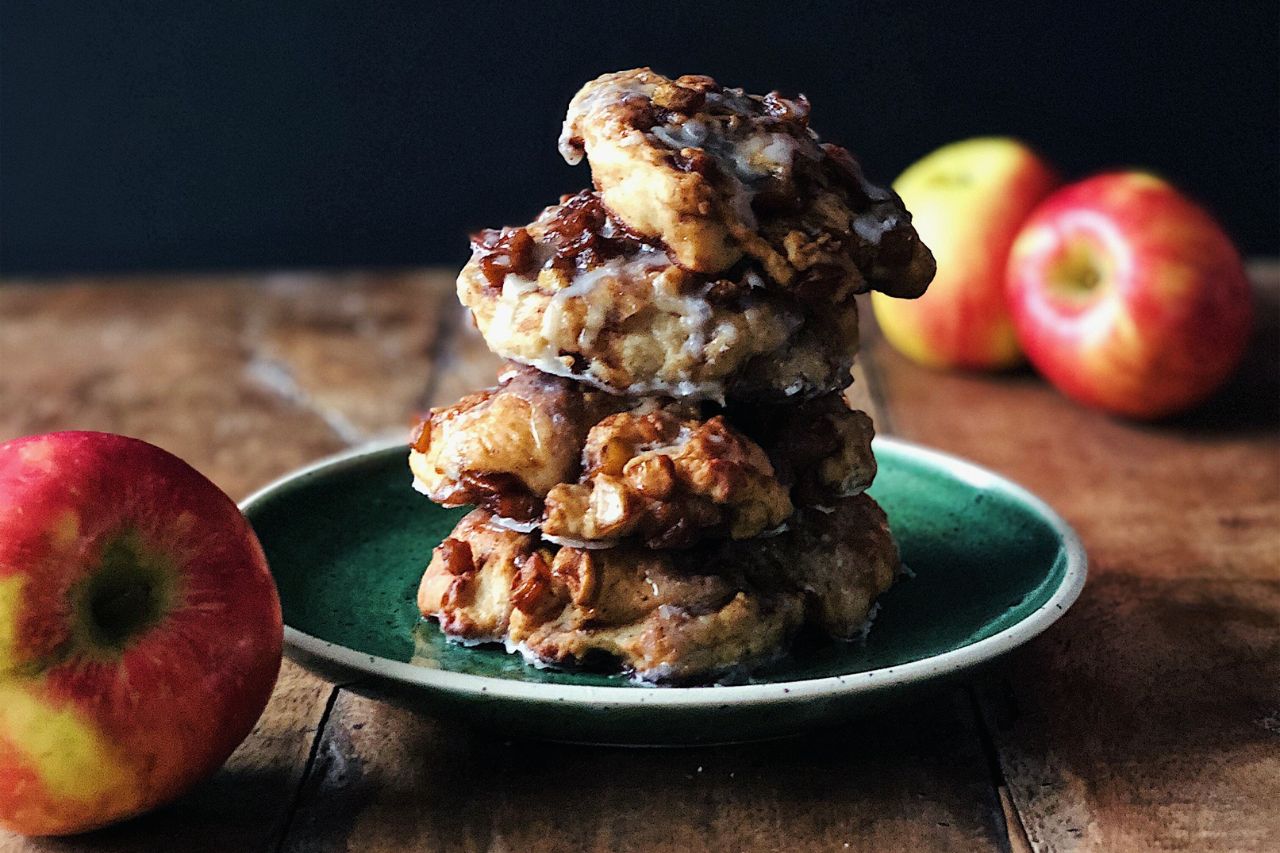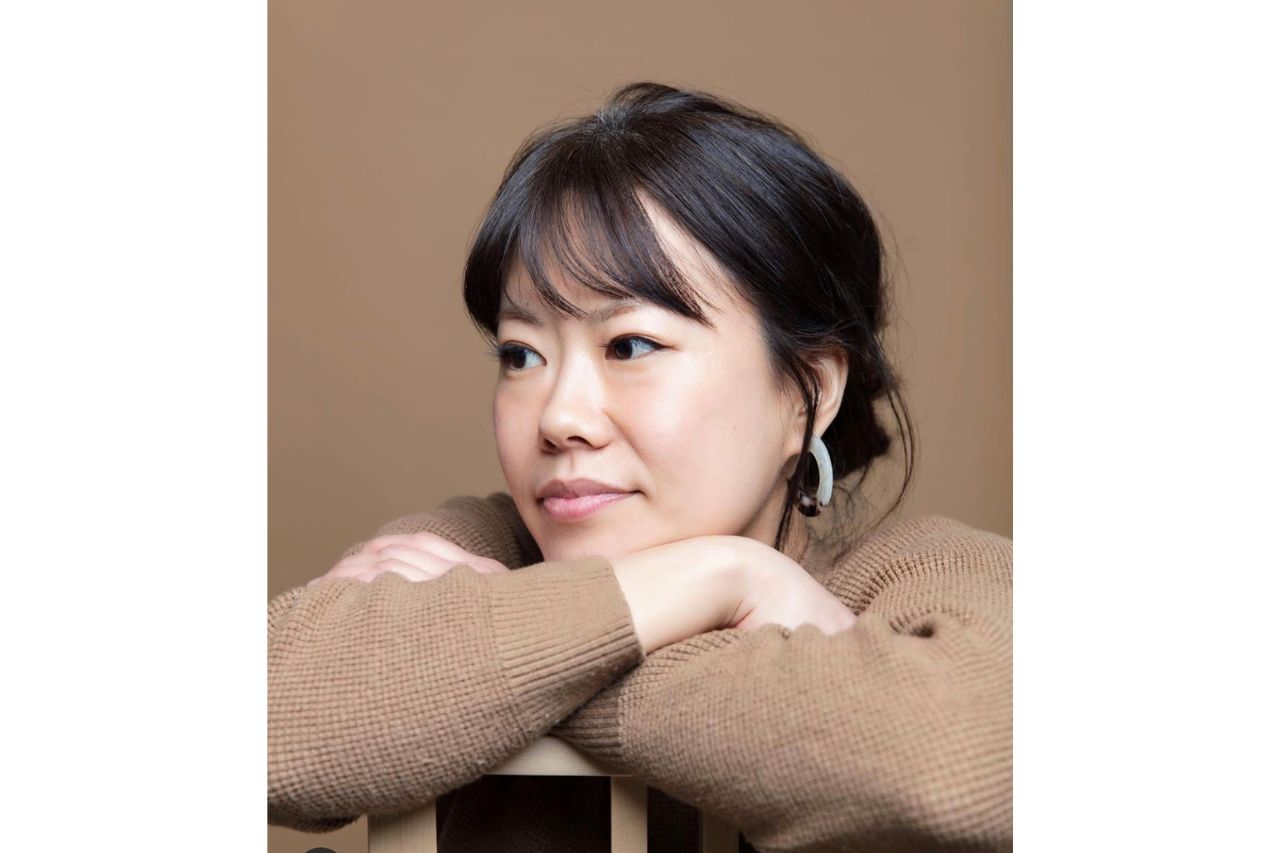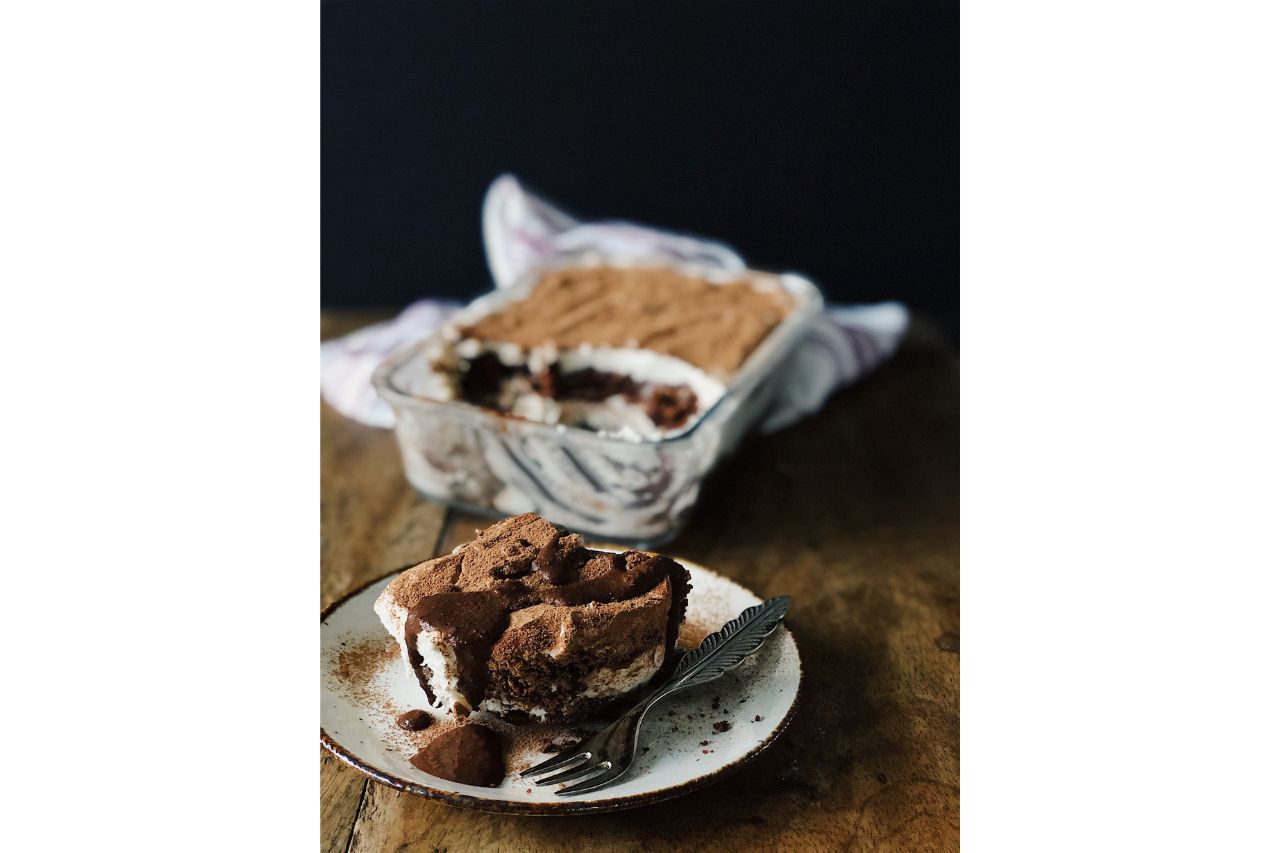
If you think vegan food is just veggie burgers, oat milk and chickpeas, you’d be mistaken. At Tsuchi Cafe in Toronto, Chef Haruna (Haru) Makino and her team are crafting up innovative Japanese plant-based foods to shake up Canada’s vegan food scene. For too long the narrative surrounding vegan food has been overtaken by the controversy on soy production and viability of meat substitutions. Vegan food is much more than that. Real, delicious plant-based meals are nutritious, flavourful and are integral to food cultures all across the world. So it begs the question — how do we shift food skeptics perspective in a positive direction? Haru has an idea on how.
Related: A Guide to the Most Common Vegan Baking Substitutes

Photography by Chef Haruna (Haru) Makino, Portfolio by Kailee @kaileemandelphotography
Planting the seeds of opportunity
When you walk into Tsuchi Cafe, you’re instantly met with the warm aroma of sweet vanilla and fresh coffee. The space itself is an architectural marvel, with a design style harkening back to traditional cafes in Japan. What makes this café standout; however, is that it is the only plant-based Japanese café in Ontario. With that comes a lot of pressure to authentically showcase Japanese culture and plant-based cuisine that resonates. But as Haru says, “food is the pathway to happiness.”
Before opening Tsuchi Cafe, Haru worked in restaurants in Tokyo, Japan, but felt uninspired. She recalled her experience in those restaurant kitchens as mentally and physically exhausting — the only thing that made her happy was the food. One day her boss took her out to try a locally famous apple pie — a dessert she wasn’t quite fond of. She remembers hesitating at first, but after trying the apple pie she was blown away by the flavours. “Is this how people initially react to plant-based food?” Haru asks. “How do we reconnect people’s curiosity to cooking, even when our assumptions tell us to look away?” From then on, she was reinvigorated and her goal was to make people happy through food, no matter how long it took.
Related: How I Use Cooking to Remember my Late Loved Ones

Photography by Chef Haruna (Haru) Makino, Portfolio by Kailee @kaileemandelphotography
Having fun with plant-based flavours
According to Haru, convincing people to try plant-based food is half the battle, the other half is being able to emulate the right flavours to keep them coming back. Haru loves experimenting with different flavours, and her experience working in vegan restaurants in Toronto helped shape her passion for plant-based ingredients. She imagines her experience working with new flavours like how Remy in Ratatouille would see colours and music when mixing two ingredients together.
“Dairy is probably the hardest thing to convince people to give up,” says Haru. “But being vegan isn’t too difficult — there are so many substitutions and making cheese or milk from scratch is healthier anyway.” Haru is confident that there are many ways to make cultural dishes vegan, even with more meat and fish forward food cultures like Japanese or French. Some of her delicious offerings at Tsuchi Cafe include strawberry sakura cheesecake, savoury curry karepan and an homage to a chicken katsu sando.
Related: A Tamago Sando is the Japanese Twist on Egg Salad You Need

Photography by Chef Haruna (Haru) Makino, Portfolio by Kailee @kaileemandelphotography
Finding purpose through plants
Flavour aside, part of Haru’s desire to live a plant-based lifestyle is through her connection to the environment at large. “My partner has been plant-based for about 16 years now, I just started during the pandemic,” Haru says. “For me, it wasn’t just about not eating meat for health reasons, but everything else, too.” Haru cares deeply for animal welfare and the natural landscape. It’s no secret that factory farming, deforestation and overfishing are having a catastrophic and long-lasting impact on the natural environment. Haru hopes that by shifting to plant-based food, there is a way we can curb our downward spiral.
“Even if you’re committing to not drinking dairy milk or cutting back on meat a few times a week, everything helps in some way.” The beauty and drawback with plant-based food is that it falls under so many camps — fast food, healthy, keto, the list goes on. “It’s all about your motivations, and what you’re willing to sacrifice to live a better lifestyle,” says Haru. At Tsuchi Cafe, oat milk is the standard instead of a premium. Perhaps this is how we should look at plant-based cuisine — not an unattainable or aspirational way of living, but the standard: one that we deserve to have for the future of our planet.
Related: 5 Delicious Plant-Based Breakfast Substitutes That Aren’t Just for Vegans
